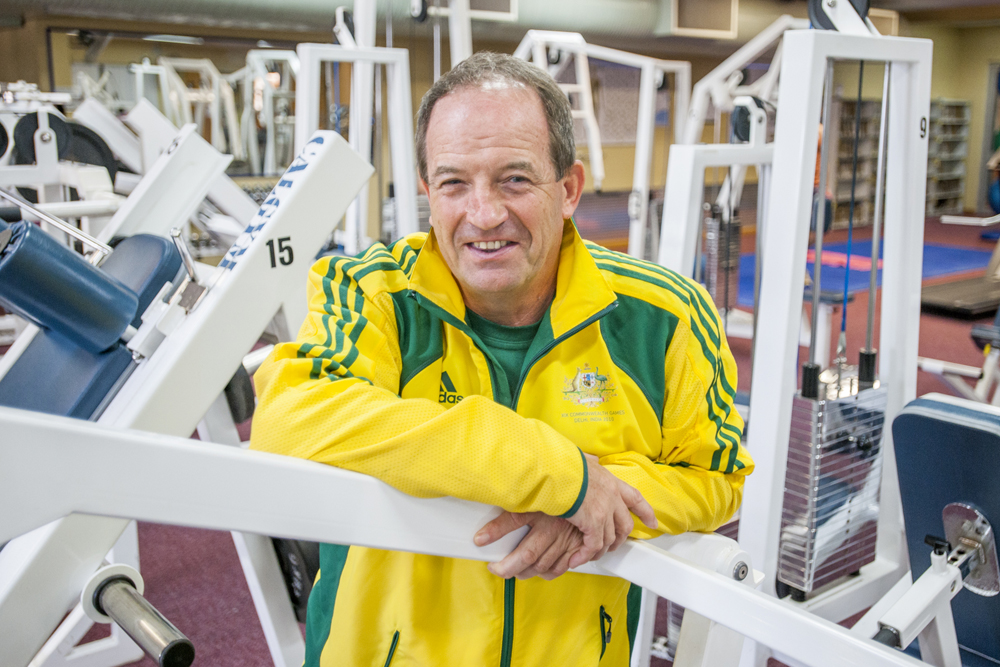Listening to music while exercising not only distracts you from the pain and lifts your mood it can also boost your performance.
That is the finding of a first-of-its-kind review, led by University of Southern Queensland (USQ) Professor Peter Terry, which identified four ways that listening to music before or during physical activity can have positive effects in sport and exercise.
The review summarised evidence from 139 existing studies and showed that listening to music is linked to significant beneficial effects on emotional responses, perceived exertion, physical performance and physiological efficiency.
The effects were greater for exercise than for sport, and greater for faster tempo music (>120 bpm) than for slow-to-medium tempo music.
Lead author, USQ Dean of Graduate Research Professor Terry, said it was excellent news for those who liked to listen to music while exercising.
“It’s no real surprise that music makes us feel better and can mask perceptions of fatigue during exercise, but to confirm that music has the potential to enhance physical performance and reduce energy expenditure is great news for the millions of exercisers who habitually work out to their favourite tracks,” Professor Terry said.
The research analysed in this review collectively studied 3,600 people. Studies dating back to 1911 were considered for inclusion in the review.
The paper, Effects of music in exercise and sport: A meta-analytic review, published in Psychological Bulletin, the flagship journal of the American Psychological Association, focused on four categories of potential benefits: psychological responses, physiological efficiency, perceived exertion, and performance.
Across all categories, listening to music had beneficial effects.
“If you are performing in time to the music or even if it is playing in the background, there may be a performance benefit,” Professor Terry said.
“Some athletes have exploited this effect to break world records. The Ethiopian long-distance runner Haile Gebrselassie on more than one occasion requested a particular song (Scatman) to be played over the stadium loud speaker system because it matched his stride rate.
“That practice has now been banned as it was judged to provide an unfair advantage. So music almost has official recognition as being performance enhancing.”
Professor Terry said there was also a small benefit to our physiological efficiency.
“For example if you do exactly the same amount of exercise in time to music, oxygen consumption can be reduced by about 1 per cent compared to without music,” he said.
“The reason for that is that music slightly enhances blood flow efficiency and improves the consistency of movement patterns.”
In producing this paper, Professor Terry collaborated with several of his past PhD students, including Dr Renée Parson-Smith and Dr Michelle Curran, who both retain close ties with USQ, and also with researchers at his alma mater, Brunel University London.
The Brunel group has been led for the past 20 years by one of Professor Terry’s former students Professor Costas Karageorghis, and included Dr Olwenn Martin, an environmental scientist with extensive knowledge of meta-analytic techniques.
The paper can be viewed at: https://dx.doi.org/10.1037/bul0000216
Also read:


